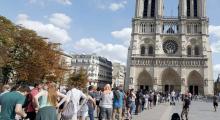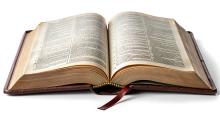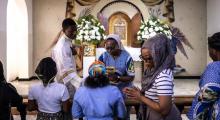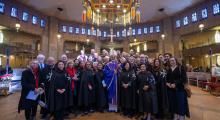Issued by the Catholic Center for Studies and Media - Jordan. Editor-in-chief Fr. Rif'at Bader - موقع أبونا abouna.org
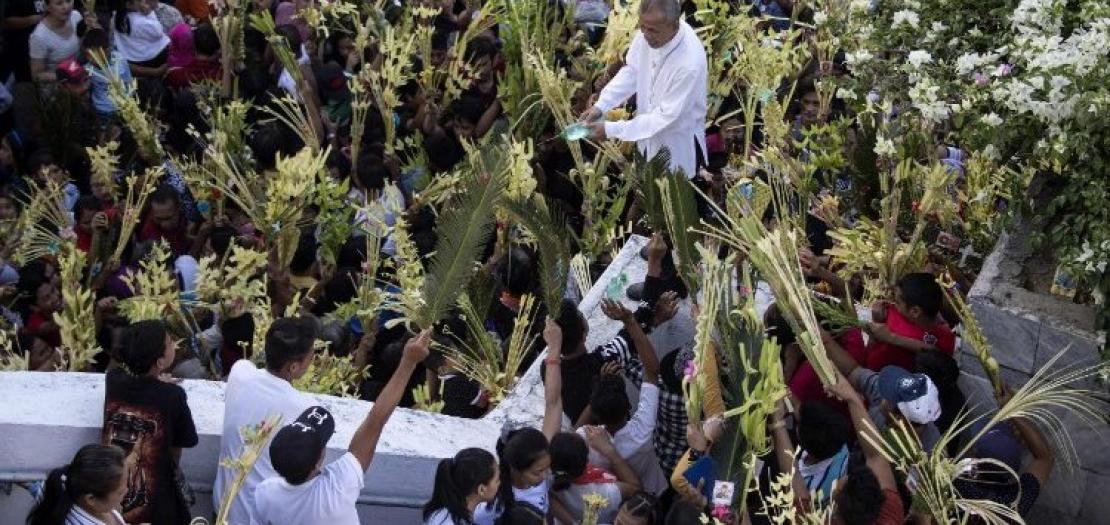
The Church in the Philippines inaugurated the Year of Youth on the Solemnity of Christ the King, and announced the National Youth Day 2019. The Episcopal Conference has officially announced that 2019 will be the Year of Youth which will end on November 24, 2019, as part of the "nine-year journey for New Evangelization", in preparation for the 500th anniversary of the arrival of Christianity in the Philippines (1521-2021).
The October 3-28 Synod of Bishops has as its theme, “Young People, the Faith, and Vocational Discernment.”
Speaking to Vatican’s Fides news agency, the Episcopal Commission on Youth of the Catholic Bishops’ Conference of the Philippines (CBCP), said that the "Year of Youth 2019" will officially kick off with the feast of Christ the King, November 25, 2018, but the solemn opening ceremony will be held on December 2 in Manila.
Archbishop José Palma of Cebu said: "In celebrating the Year of Youth and Youth Day we intend to bring more people to follow Jesus." The year 2019, he said, "is dedicated to young people who are the future but also the present of the Church. With their active participation in society and in the life of the Church, they inspire us all for evangelization and social transformation."
In the process of preparation for the Jubilee celebrations of 2021, the first years were dedicated to the "integral formation of the faith" (2013), to the laity (2014), to the poor (2015), to the Eucharist and to the family (2016), and to the parish as communion of community (2017). The year 2018 was dedicated to the clergy and consecrated persons while, after the Year of Youth (2019), the last two years will be dedicated to ecumenism and inter-religious dialogue (2020) and to the missio ad gentes (2021).
Archbishop Palma said: "We await with gratitude and joy March 16, 2021, the fifth centenary of the arrival of Christianity in the Philippines. We remember with gratitude the first Mass celebrated on the island of Limasawa, on Easter Sunday, March 31 of that year. We remember the baptism of Rajah Humabon, who was given the baptism name Carlos and his wife Harah Amihan who was baptized Juana in 1521. Our eyes look at the Santo Niño de Cebu, the oldest religious icon of the Philippines, a gift from Ferdinando Magellano to the first Filipino Catholics. 2021 will be a year of great Jubilee for the Church in the Philippines.
Preparations
The Commission has invited its network of 86 diocesan youth ministry leaders and leaders of national youth organizations to "take part in the general organization and to give their contribution, including the creation of the official logo and theme song", Eva Mae Famillaran Palmero, a young Catholic told Fides.
"The celebration of the Year of Youth will be an occasion for experience, sharing, prayer,proclamation of God's love for others. It will be an opportunity to become more firm in faith ", said Jovanie Bacolcol, a youth leader and animator.
500 years of evangelization
The Year of Youth is part of a 9-year preparation for 2021 when the Philippine Church will celebrate 5th centenary of the arrival of the Gospel in the archipelago.
The preparation kicked off in 2013, with each year dedicated to a specific theme related to the faith and new evangelization. 2018 was dedicated to the clergy and the religious.
“We look forward with gratitude and joy to March 16, 2021, the fifth centenary of the coming of Christianity to our beloved land,” the Philippine bishops had written in a 2012 pastoral letter, ahead of the 9-year preparation.
First Christians
According to the bishops, the first Mass on Filipino soil was celebrated in Limasawa Island on Easter Sunday on March 31, 1521, and the first Filipino Christians were Humabon and Hara Amihan, who were baptized Carlos and Juana respectively.
The Spanish missionaries brought the Christian faith to the Philippines 500 years ago and today the nation is home to Asia’s largest Catholic population. Out of 110 million inhabitants, 80 per cent are Catholics.


